Samsung Galaxy S6 versus LG G3: first look
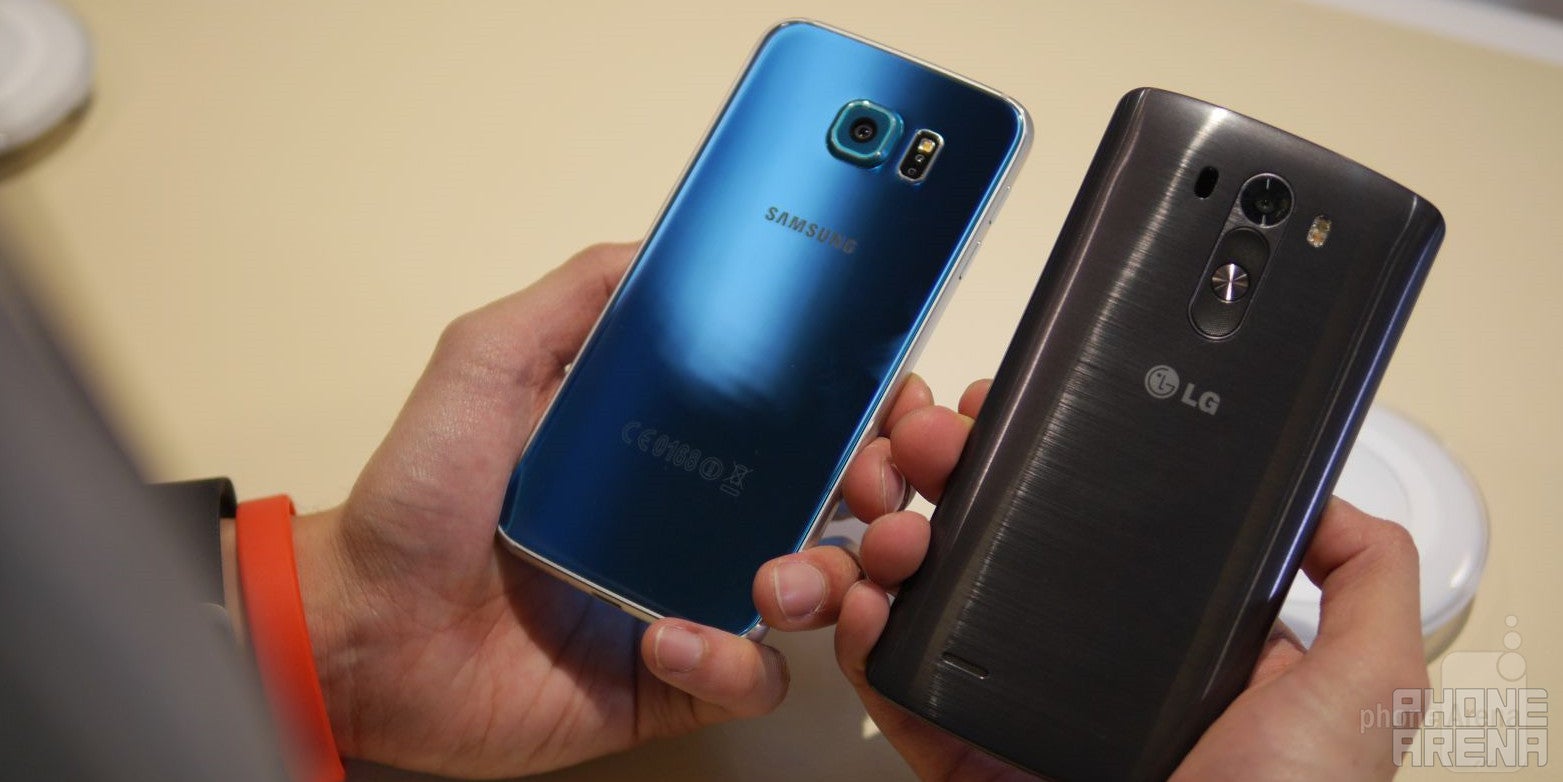
Samsung has unveiled its new Galaxy S6, with its design language better catered to adhere to what today's consumers view as a premium, high-class look. Here, in Barcelona, we have the chance to physically compare the new flagship to another QHD monster – the LG G3 – so let's check them out!
Design
The LG G3 is encased in a plastic, faux-metal finished body, which looks cool and keeps the phone both pleasant to the eye, and easy to hold. The G3's impressive screen-to-body ratio of 75.22% allows for a large 5.5” screen to adorn a relatively compact encasing – something that is still rare to see on most handsets. Its hardware buttons are nicely nested on the back of the device, just below the camera, easy to reach with one's index finger – a cool signature touch that LG has been adding to its handsets.
Display
Both handsets sport super high QHD resolution screens – 1440 x 2560 pixels. The G3 has a bit larger display, measuring at 5.5" across its diagonal, whereas the S6 adhered to the 5.1" of the Galaxy S5. However, both phones feel comfortable to hold with one hand – despite the size of its display, the G3's screen-to-body ratio plus ergonomically shaped back make it easy to handle, whereas the Galaxy S6 ensures comfort with its rounded sides.
Now, the LG G3 employs IPS LCD technology to for its screen, whereas Samsung, naturally, has a Super AMOLED panel. However, the latter does not mean punchy, inaccurate colors as it has in the past – Samsung has been working on taming the AMOLED image reproduction for the past year, and the S6 makes use of the latest advancements, bringing a more natural picture.
Processor and memory
The LG G3 has a Qualcomm Snapdragon 801 humming under its hood, while Samsung went with an entirely homemade SoC for the Galaxy S6, housing a 64-bit octa-core CPU built on a 14 nm process, which should mean faster performance and more energy efficiency.
Interface
The TouchWiz UI in the Galaxy S6 has been simplified and slimmed down to allow easier, intuitive operation, and snappy performance. It takes the flat looks guide of Material Design above and beyond what we would expect to see from Samsung and we are pleasantly surprised.
LG's interface was flat before it was cool, and it still looks modernistic and fresh today. TouchWiz may be getting some bad rep for being feature-packed to the point of choppiness, but if we were to be fair – LG's UI can also be considered an offender in the field.
Camera
LG G3's snapper has a 13 MP sensor with an aperture of F2.4 and laser auto-focus assistance. It has all the bells and whistles you'd expect on a modern flagship – HDR, 4k video recording, panorama mode, smile detection, and others.
The Galaxy S6 has a 16 MP sensor, which has a much wider F1.9 aperture, tracking auto-focus capabilities, and auto real-time HDR for both its snappers. All in all, it looks like the better camera on paper, but we'd like to test it extensively first, before confirming it to be so. From the initial samples we took with the demo S6 on-site, we'd have to say we are impressed with its contrast and depth of field capabilities.
Battery
The LG G3 has a huge 3,000 mAh battery, which lasted 6 hours and 14 minutes on our battery life test – an average result, easily explained by it having to power a super-crisp QHD screen. The Galaxy S6 has a smaller 2,550 mAh battery, so we can't be sure whether it would be able to top the G3's time, even with its advanced energy-saving processor, before putting it through our tests. The Sammy, however, benefits from a quick charge tech, which should be able to grant the phone enough energy to last it 4 hours with just 10 minutes of charge time.
Both smartphones support wireless charging, however, depending on which carrier you get the LG G3 from, it could either only work with WPC or PMA power mats. The Galaxy S6, on the other side, is universal – it works with both major standards.
Expectations
The Galaxy S6 looks and feels great – its definitely a flagship that raised the bar for Samsung's competitors and can help the company have a more... favorable 2015. We, of course, can't wait to review it extensively when we get our paws on it, so be sure to expect more detailed information.

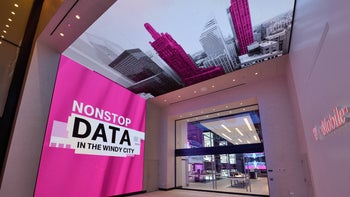
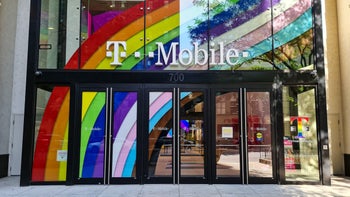
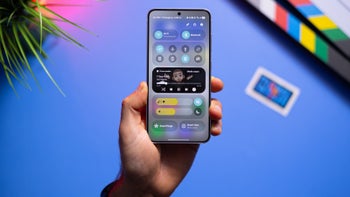

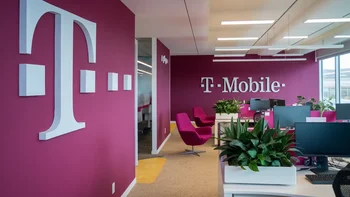
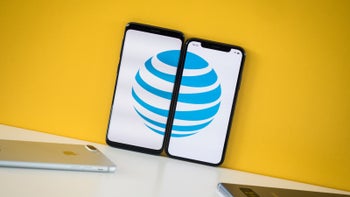
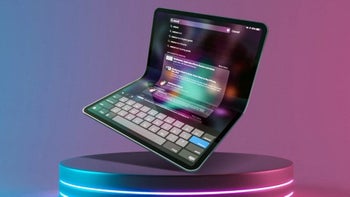
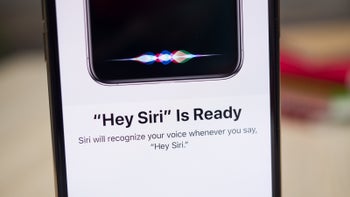
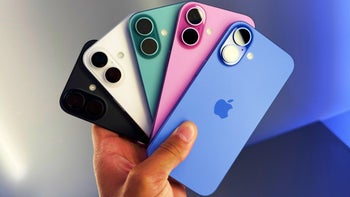
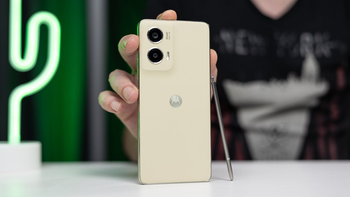

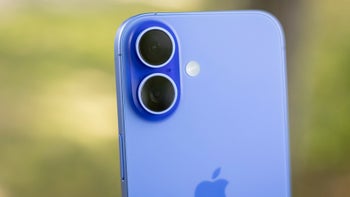
Things that are NOT allowed: